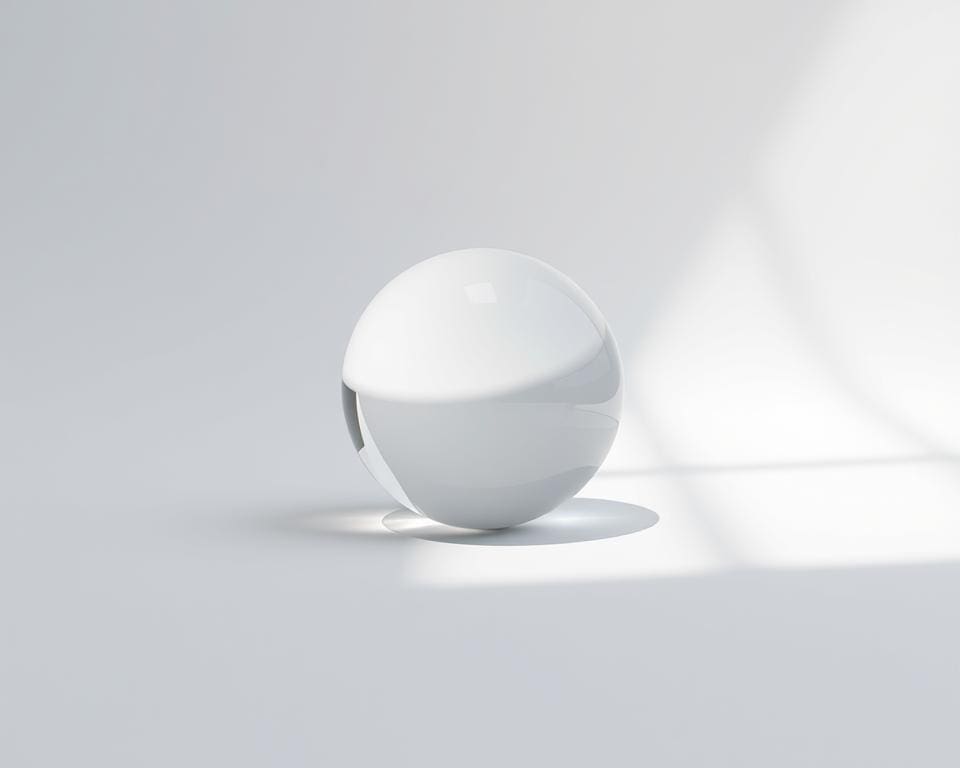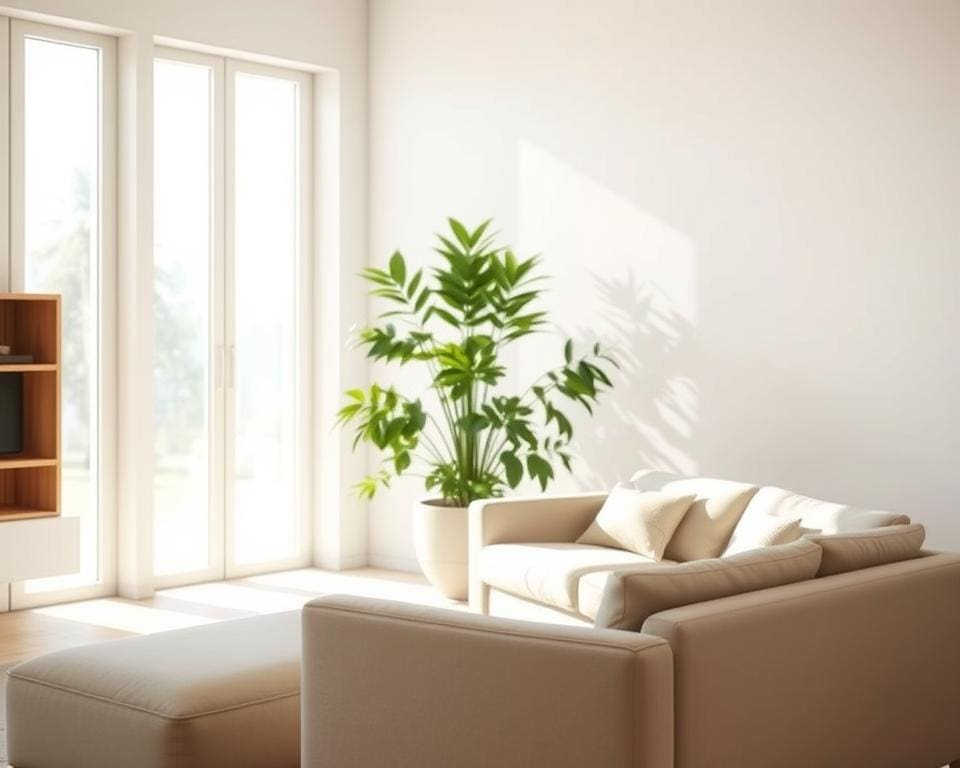In a world filled with noise and excess, the allure of minimalism is becoming increasingly prominent. Many are beginning to ask whether this lifestyle can actually boost happiness and enhance life satisfaction. Minimalism centres around the idea of simplifying life by reducing material possessions, thereby opening the door to improved wellbeing and mental health. As we delve into the intricacies of minimalist living, we will explore how adopting a minimalist approach can lead to transformative experiences, creating a deeper connection between simplicity and joy.
The Essence of Minimalism
The essence of minimalism transcends mere aesthetics; it embodies a lifestyle deeply rooted in simplicity and intentional living. Understanding minimalism requires a closer look at its origins and its relevance in today’s world, where distractions abound. Embracing a minimalist lifestyle invites individuals to focus on what truly matters, championing the idea of living with less to foster a more fulfilling existence.
Understanding Minimalism
Minimalism encompasses a broad spectrum of principles that encourage individuals to strip away excess and prioritise essential needs. This philosophy advocates for the decluttering of both physical spaces and mental states, allowing people to cultivate mindfulness. By focusing on the critical aspects of life, one can create a harmonious environment that nurtures integrity and purpose. Living with less not only simplifies one’s surroundings but also amplifies the joy associated with life’s simple pleasures.
The Philosophy Behind Minimalist Living
The minimalist philosophy is inspired by thinkers such as Leo Babauta and Joshua Becker, who underscore the benefits of removing distractions from our lives. Their insights suggest that aligning possessions with personal values leads to a more authentic existence. By embracing intentional living, individuals can foster clarity and purpose, transforming their relationship with material goods. This connection between values and possessions paves the way for a fulfilling journey towards minimalism.

Can minimalism boost happiness?
The relationship between minimalism and happiness unveils a profound exploration of the essence of life. By simplifying our surroundings and embracing less, we can discover a deeper sense of joy through minimalism. This intentional way of living fosters a more meaningful existence, allowing us to focus on experiences rather than material possessions. The choice to live intentionally often leads to an increased appreciation for the little things in life and nurtures happiness and simplicity.
Exploring the Connection Between Minimalism and Joy
Research indicates a significant connection between minimalism and happiness. Individuals who adopt minimalist principles often report higher levels of satisfaction and emotional well-being. The act of decluttering not only clears physical space but also creates mental clarity. Living intentionally encourages a lifestyle where joy is derived from meaningful interactions and cherished relationships rather than the accumulation of objects.
Many find that prioritising experiences rather than things generates a profound sense of fulfilment. This focus enhances connections to others and fosters a supportive community. The values instilled through minimalism promote a mindset of contentment, illustrating that true joy emerges not from what we possess, but from how we live.
The Psychological Benefits of Minimalism
Embracing minimalism offers significant psychological benefits that can transform one’s mental landscape. By reducing clutter and superficial distractions, individuals often experience profound stress reduction and improved anxiety management. A balanced environment can lead to a calmer state of mind, where clarity prevails over chaos.
Reducing Stress and Anxiety
Creating a minimalist lifestyle encourages an atmosphere free from excessive noise and visual clutter. This deliberate simplicity contributes to lower anxiety levels. Research indicates that individuals who adopt minimalism often report feeling less overwhelmed by daily tasks and decisions, as their space reflects their intention and purpose. Minimisiting items allows for less mental load, promoting emotional well-being.
Enhancing Focus and Clarity
A minimalist environment fosters enhanced focus and mental clarity, essential components for productivity. By minimising distractions, such as unnecessary possessions, individuals can direct their attention towards what truly matters. According to cognitive load theory, a clean and organised space can enhance cognitive function, allowing the brain to perform tasks more efficiently. With fewer distractions, creativity flourishes, making way for innovative ideas and productive outcomes.
Minimalism and Consumerism
The relationship between minimalism and consumerism presents a significant shift in how individuals view their lives and prioritise happiness. In a world dominated by consumer culture, where material possessions often dictate one’s worth, minimalism encourages a reassessment of these values. By embracing minimalism, people start recognising the importance of experiences over things, enriching their lives in unique ways.
Shifting Priorities Away from Material Possessions
Adopting a minimalist lifestyle fosters a profound change in priorities. Individuals begin to evaluate their needs differently, shifting focus from acquiring material items to cultivating relationships and personal growth. This liberation from the burdens of consumerism allows for a reconsideration of what truly enhances happiness. Campaigns like those by The Story of Stuff Project effectively critique contemporary norms, highlighting the detrimental effects of over-consumption on both society and the environment.
The Impact of Decluttering on Mental Well-being
Decluttering serves as a transformative practice, offering psychological benefits that positively influence mental wellbeing. Research suggests that maintaining an organised space can significantly reduce stress and anxiety levels. As individuals clear away unnecessary items, they often experience a sense of clarity and control, providing an emotional release. This cathartic process promotes a harmonious environment that nurtures the mind, reinforcing the idea that less truly leads to more in terms of satisfaction and peace.
Real-Life Stories of Minimalism and Happiness
The journey into minimalism has touched countless lives, leading to profound transformations and heightened happiness. Real-life minimalism stories often reveal how embracing simplicity paves the way for deeper connections and a renewed appreciation for life’s essential aspects. Through the narratives of various individuals, we observe how less truly can offer more.
Transformative Experiences from Minimalist Individuals
Many who have adopted a minimalist lifestyle share astounding transformative experiences that illustrate the profound effects of decluttering both physically and emotionally. For instance, individuals who once felt trapped by their possessions recount liberating moments when they decided to reduce their belongings. These narratives frequently highlight increased clarity and focus, ultimately culminating in enhanced joy.
How Embracing Less Leads to More Fulfilment
In essence, the path towards fulfillment through minimalism showcases how letting go of excess frees individuals to embrace what truly matters. By redirecting their energy towards meaningful experiences, many discover a greater sense of contentment in relationships, creativity, and self-awareness. These accounts serve as inspiration, emphasising that a minimalist approach can bring a more authentic and satisfying existence.
Practical Steps to Embrace Minimalism
Embracing minimalism transforms not only your living space but also your state of mind. By following practical minimalism steps, you can start your minimalist journey with purpose and clarity. It’s essential to identify your personal values and set achievable goals that align with your new lifestyle. This foundation will guide your decisions and help you create an environment that reflects your aspirations.
Starting Your Minimalist Journey
Kick-start your minimalist journey by assessing what truly matters to you. Begin by defining your personal values and priorities. Ask yourself questions like: What items bring me joy? What activities contribute to my happiness? This self-reflection forms the baseline for effective decluttering.
A great way to begin is by adopting the following practical minimalism steps:
- Establish a clear vision of your ideal minimalist space.
- Create a timeline that outlines gradual changes rather than an overwhelming overhaul.
- Involve family or friends for support and motivation.
Tips for Decluttering Your Space
Decluttering can seem daunting, yet it can yield astonishing results when approached with determination. Implementing proven decluttering tips can simplify the process significantly. Techniques such as the KonMari method encourage you to keep only those items that spark joy. This method invites a more mindful way of selecting belongings.
Consider adopting these effective decluttering tips to enhance your experience:
- Apply the ‘One In, One Out’ rule: for every new item brought into your space, let go of an existing one.
- Use a room-by-room approach to avoid feeling overwhelmed.
- Organise a donation drive to benefit others while reducing your clutter.
By committing to these practical minimalism steps and employing helpful decluttering tips, you can successfully embrace minimalism. Each small change will lead to a more serene and fulfilling life, crafted around what truly matters to you.
Minimalism in Different Areas of Life
Minimalism extends beyond just simplifying our physical surroundings. By embracing minimalism in life, we can create environments that foster peace and efficiency. Understanding how home minimalism and digital minimalism intersect with our daily lives aids in enhancing overall productivity and well-being.
Home and Living Spaces
Creating a minimalist home involves careful selection of items that serve a purpose and resonate with our values. This approach encourages a serene atmosphere, enabling inhabitants to focus on what truly matters. When a living space is decluttered and intentional, it reduces distractions and promotes mental clarity.
- Opt for multi-functional furniture to save space.
- Use neutral palettes for a calming effect.
- Incorporate plants for a touch of nature and freshness.
- Limit decor to a few meaningful pieces that inspire joy.
Digital Minimalism for Better Productivity
In an age saturated with information, digital minimalism emerges as a vital aspect of enhancing productivity. By minimising digital clutter—such as countless unread emails, unused applications, and constant notifications—individuals can achieve greater focus and reduce stress. Studies show that digital overload often correlates with heightened anxiety, making it essential to establish boundaries in our virtual lives.
- Unsubscribe from unnecessary email lists to clear your inbox.
- Limit social media usage to maintain mental health.
- Organise digital files for easy access and retrieval.
- Schedule specific times for dedicated online tasks to boost efficiency.
Potential Challenges of Minimalism
Embracing a minimalist lifestyle can bring about a host of benefits, yet it is essential to recognise the potential challenges of minimalism that one may encounter on this journey. Societal pressures often push individuals towards consumerism, making the transition to a more simplified life feel daunting. Many find themselves attached to material possessions, which can hinder their efforts to declutter and lead to a more fulfilling existence.
As one navigates the path of realistic minimalism, overcoming obstacles like emotional ties to items can be particularly challenging. The sentiment associated with belongings may evoke fond memories, making it difficult to let go. These feelings can lead to conflict between the desire for a minimalist lifestyle and the comfort derived from accumulation.
However, finding ways to cope with these hurdles is possible. Engaging with a supportive community can provide encouragement and reminders of the values behind minimalism. Regular reflection on personal motivations will also help reaffirm the benefits of reducing clutter in one’s life, fostering a sustainable and inspiring approach to minimalism that balances challenges with perseverance.









